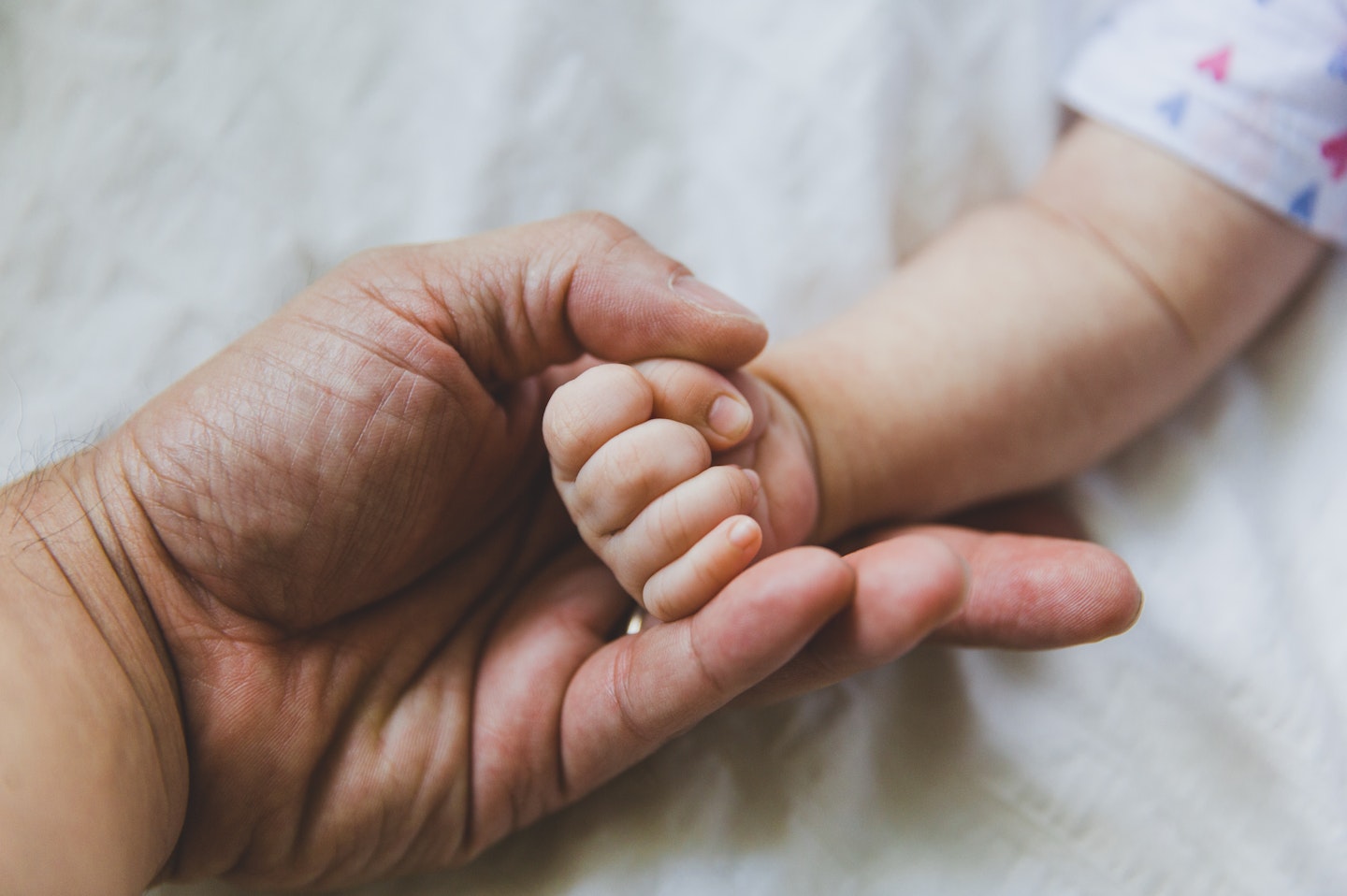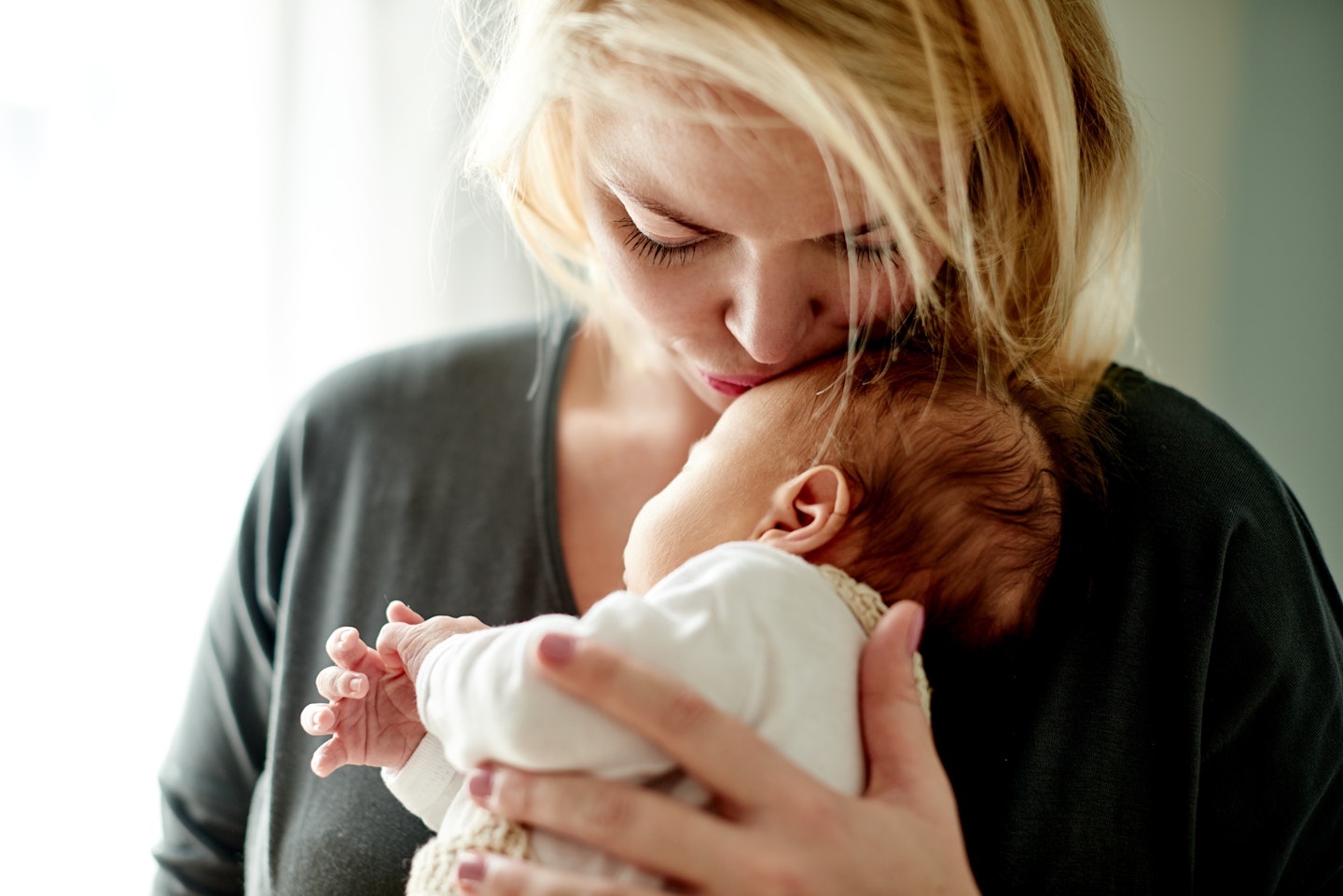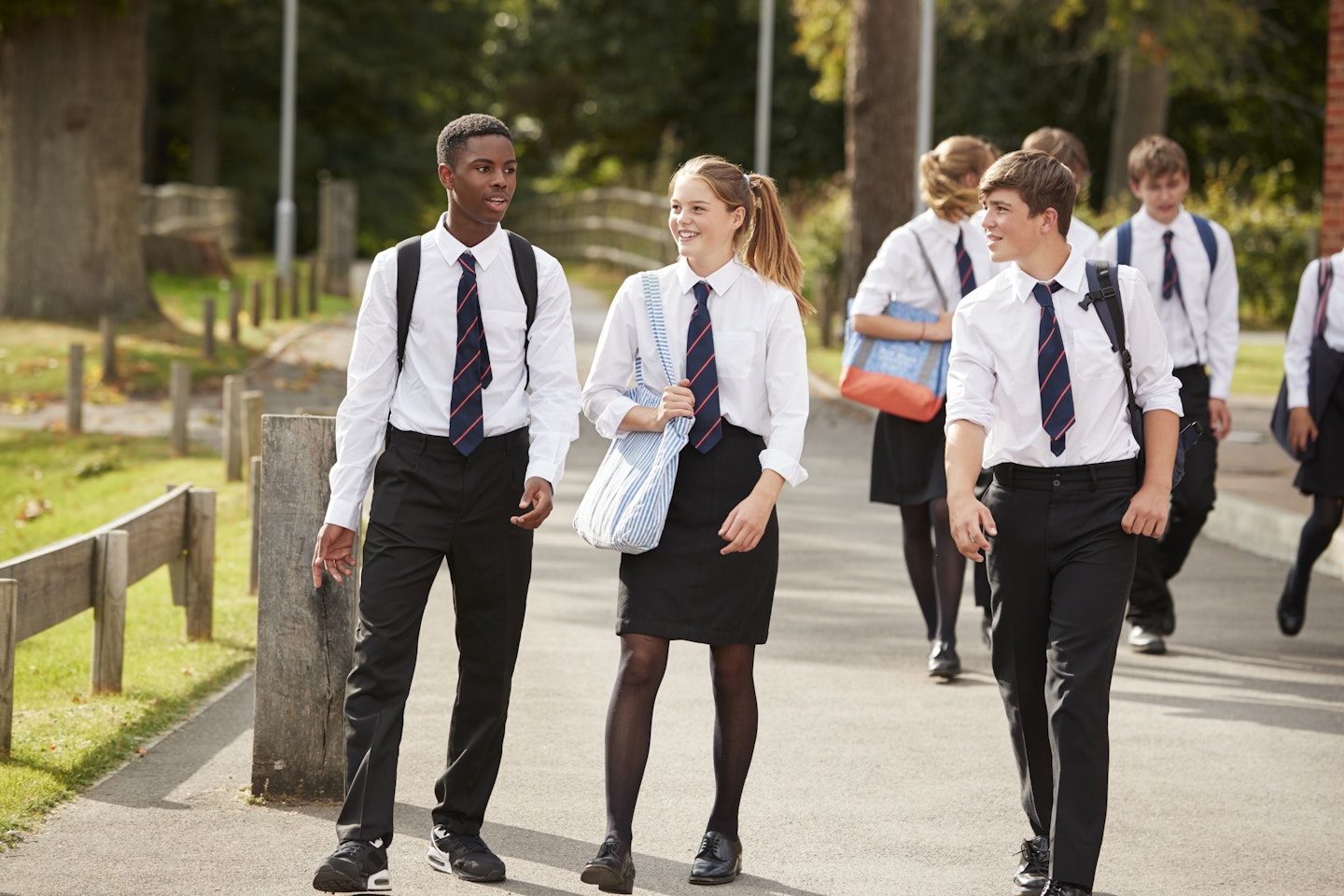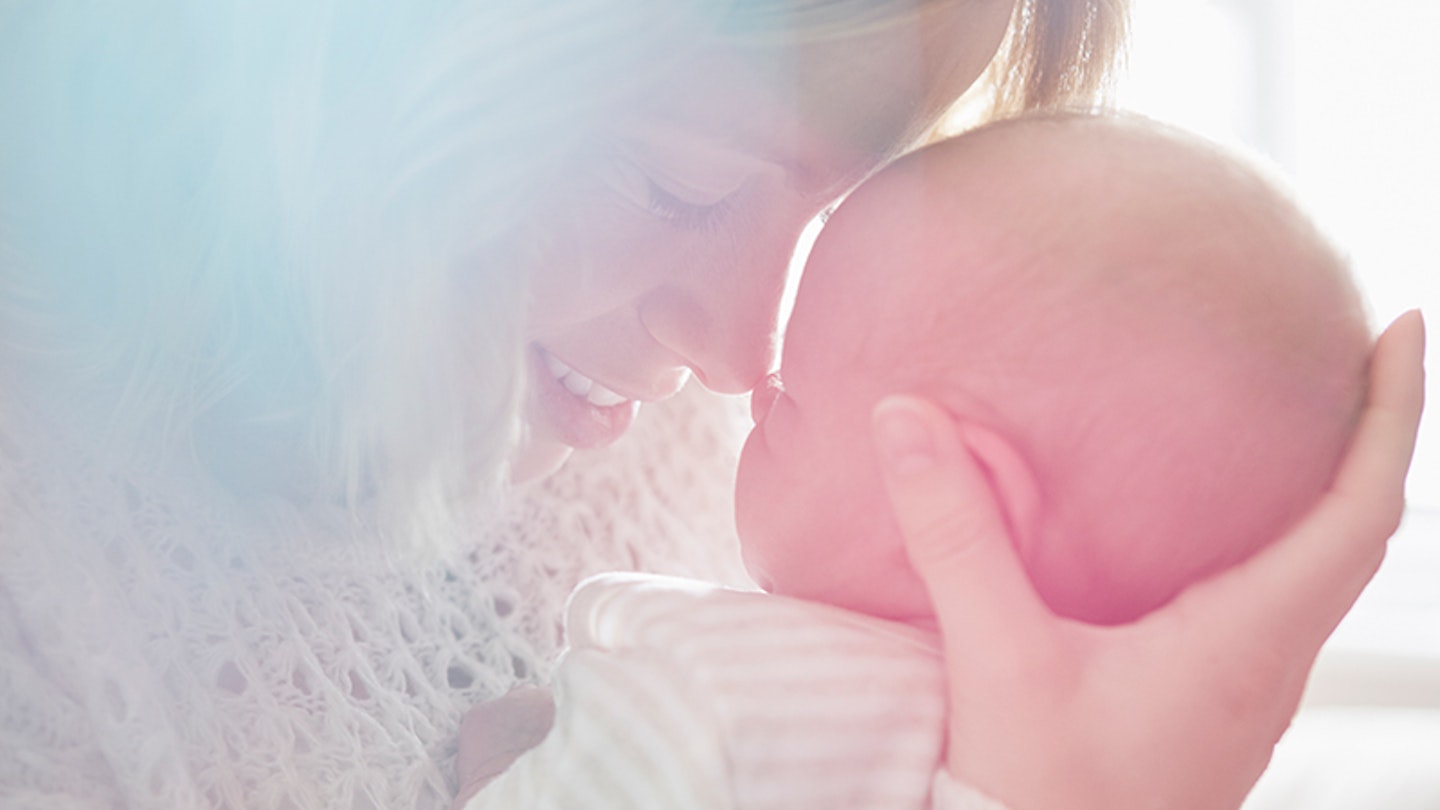Want to raise your baby to be as close to you as possible but without a strict set of rules? Attachment parenting could be just the thing for you.
You may have heard other mums talk about the pros and cons of attachment parenting and have no clue what they’re talking about or what it’s all about.
Attachment parenting is a parenting method that means responding immediately to a crying infant.
Emma Jenner, child-development and child-behavioural specialist, explains the common examples as offering a breast 'waking every hour' at night to feed, or rushing in with pre-emptive attempts to soothe. In some cases, by doing this, parents fail to find out what their babies actually need.
Where does it come from?
Devised by pediatrician William Sears, attachment parenting involves responding to your baby’s needs and building strong bonds with her through physical closeness and trust. According to Sears’ theory, this mutual respect and love for one another have lifelong consequences.
‘It’s about modelling behaviour you wish to see and having respect, empathy and a desire for connection,’ says Michelle Mattesini, founder of Attachment Parenting UK. ‘It is about life-long relationship quality built on foundations of physical closeness and emotional understanding.’

It loosely follows the seven Bs:
-
Belief in the language of your baby’s cry
-
Beware of baby trainers
-
Balance
But, you don’t have to do every one of the Bs. Instead, you can make it work around your schedule and pick the ones that suit you.
How does it work?

It’s not regimental and doesn’t demand that you stick to every little part of it. Think of it more as a set of guidelines that you can follow.
‘Attached families may enjoy the benefits of bedsharing, babywearing or breastfeeding but these are not essential – they simply support the ability to be a highly responsive parent,’ Michelle explains.
'The essential part of attachment parenting is a willingness to acknowledge our instinctive responses and not just our conditioned ones and to trust that our children are experts at communicating their needs in different ways,' explains Michelle.
'As children grow this requires more emotional investment but kindness and firmness are key to building a respectful, collaborative atmosphere in the home.'
And it involves some balance, too. ‘It’s about parental self-empathy and self-care and finding the support we all need when it matters most,’ says Michelle.
How important is attachment?

Attachment parenting requires sensitive, responsive parenting. Researchers say that parents need to accurately interpret the baby's signals, and provide an appropriate response.
Babies often make noises during brief moments of waking during the night. If parents misinterpret these sounds and rush to feed a baby, they are needlessly depriving everyone of sleep - and teaching the baby to awaken frequently at night.
The Minnesota Longitudinal Study of Risk and Adaptation studies found that a secure attachment early in life led to greater independence later, whereas an insecure attachment led children to be more dependent later in life. The studies also showed that children with a secure attachment history were more likely to develop:
-
A greater sense of acting independently
-
Better at regulating emotions
-
Developed self-esteem
-
Better with coping with stress
-
Closer friendships in middle childhood
-
Better coordination of friendships and social groups while growing up
-
More trusting and positive romantic relationships in adulthood
-
Develop leadership qualities
-
Happier and better relationships with parents and siblings
Now read:
What are the different parenting styles and how will they affect my child?
Could attachment parenting work for you? Let us know on Facebook orTwitter!
Make sure you're following Mother & Baby on Instagramfor relatable memes, inspiring stories and parenting hacks!
Subscribe to Mother&Baby magazine for expert tips, must-have products and invaluable advice for mums, delivered straight to your door.
Whether you’re planning your new baby essentials shopping list, giving friends and family gift ideas, or planning for your baby shower, the Amazon Baby Wish List allows you to keep track of all your shopping ideas in one place.Click here to start yours today!
